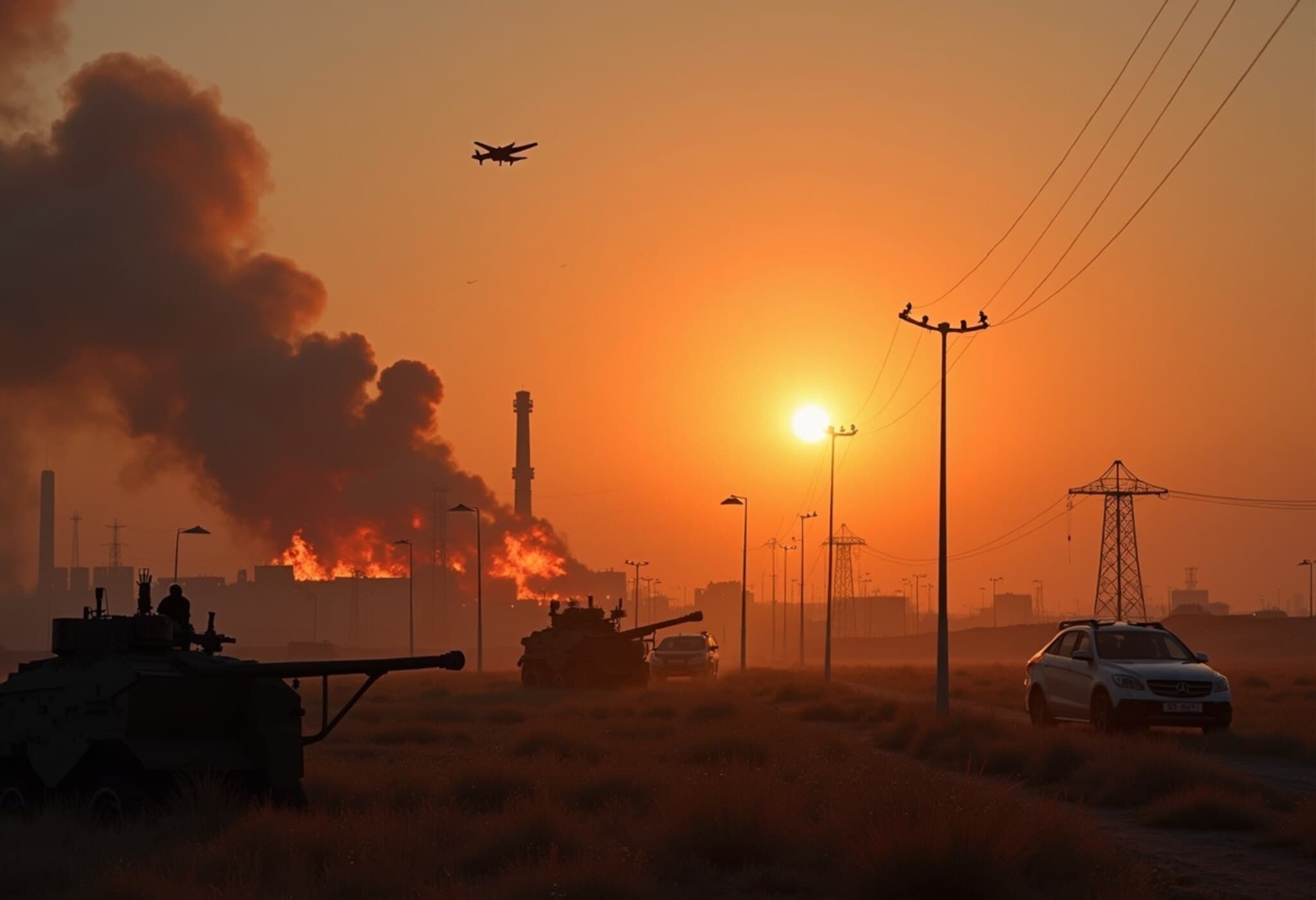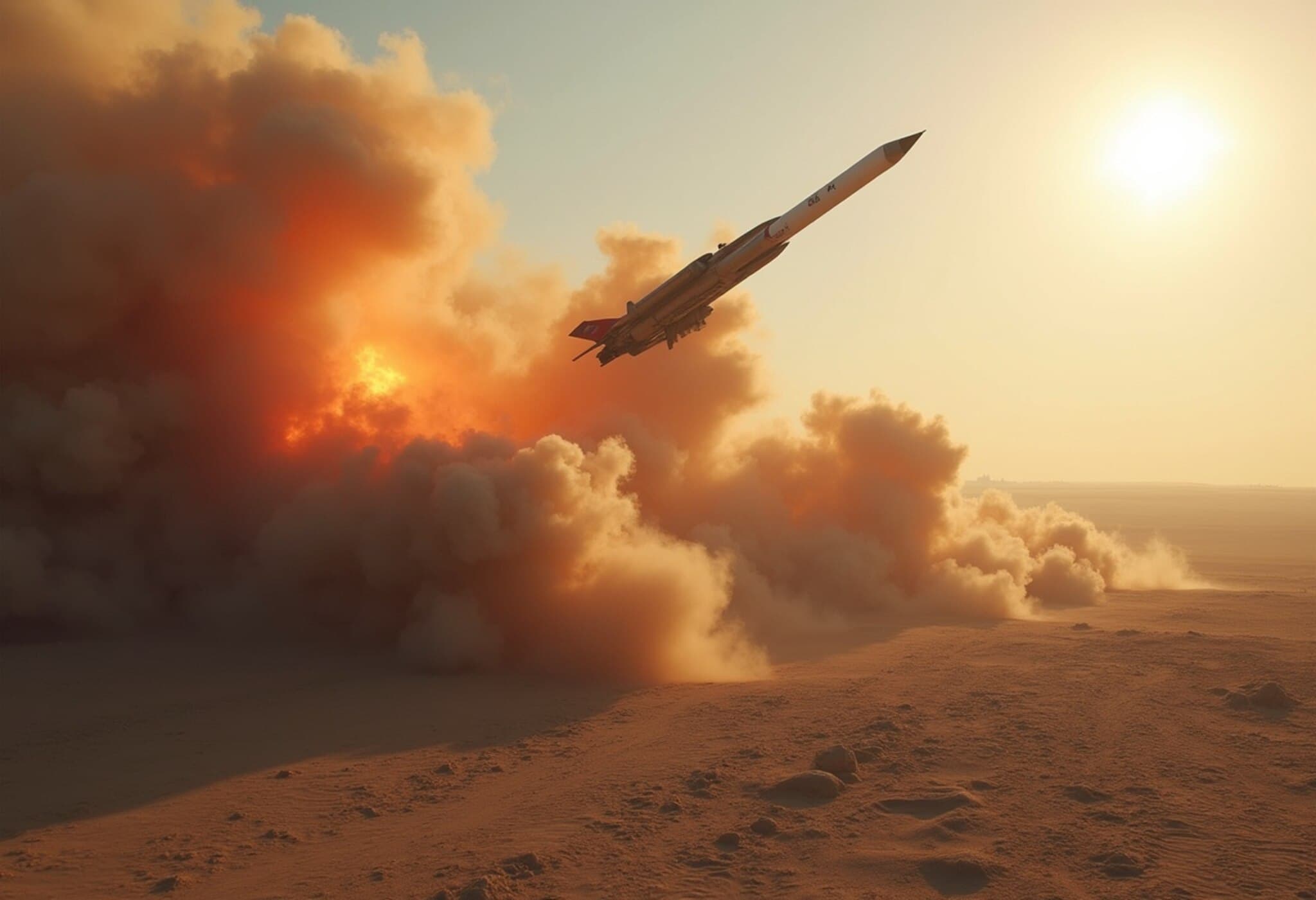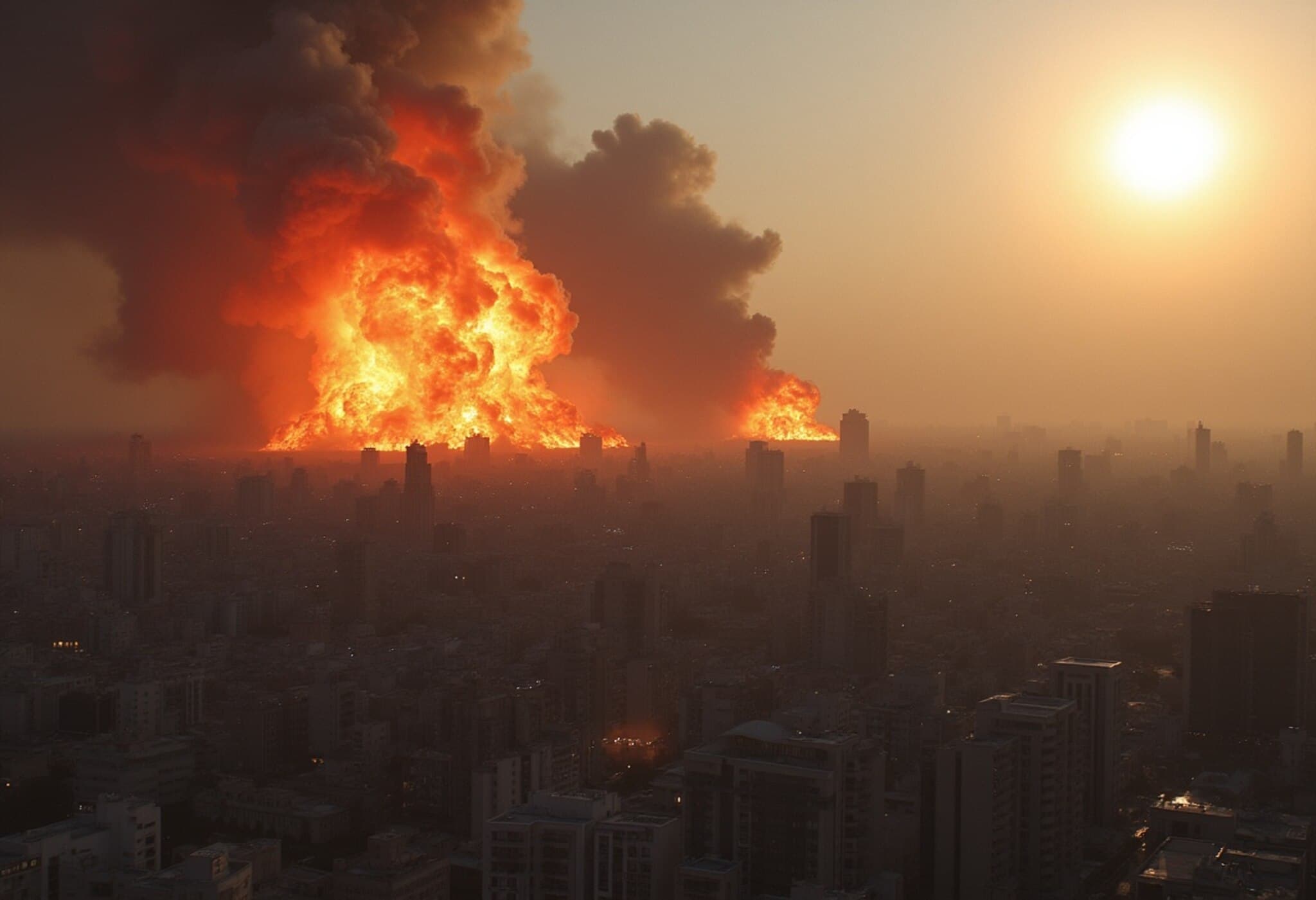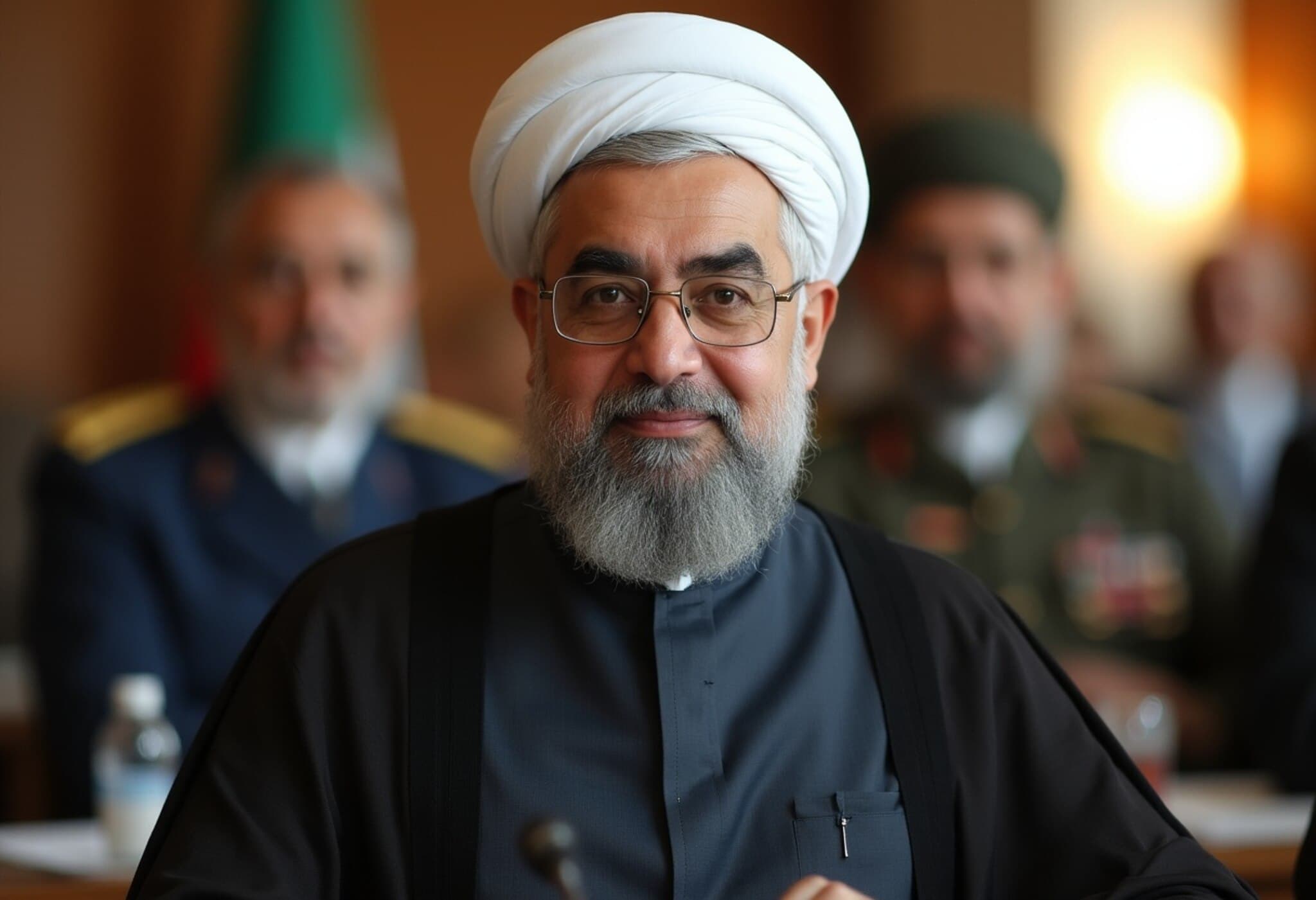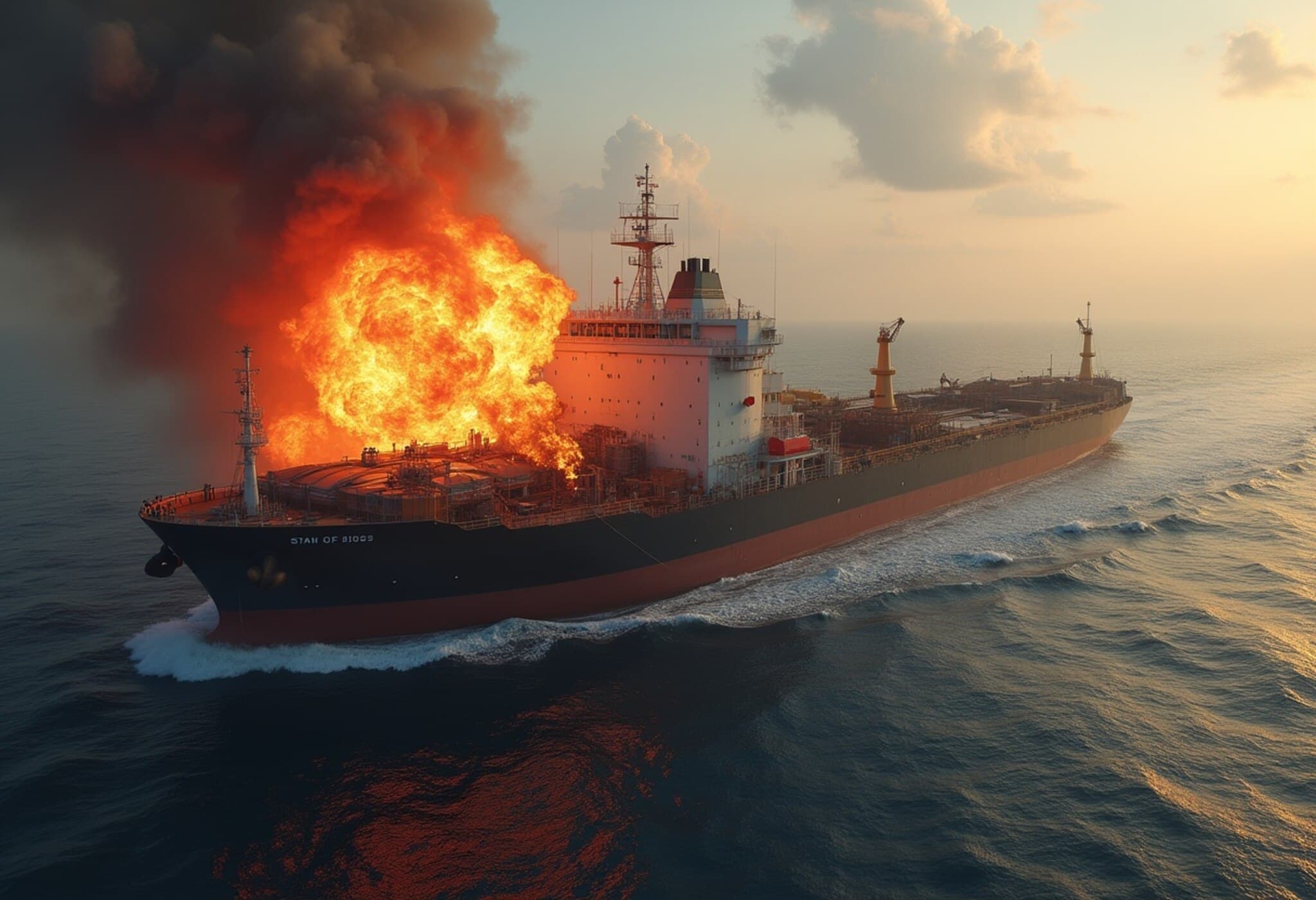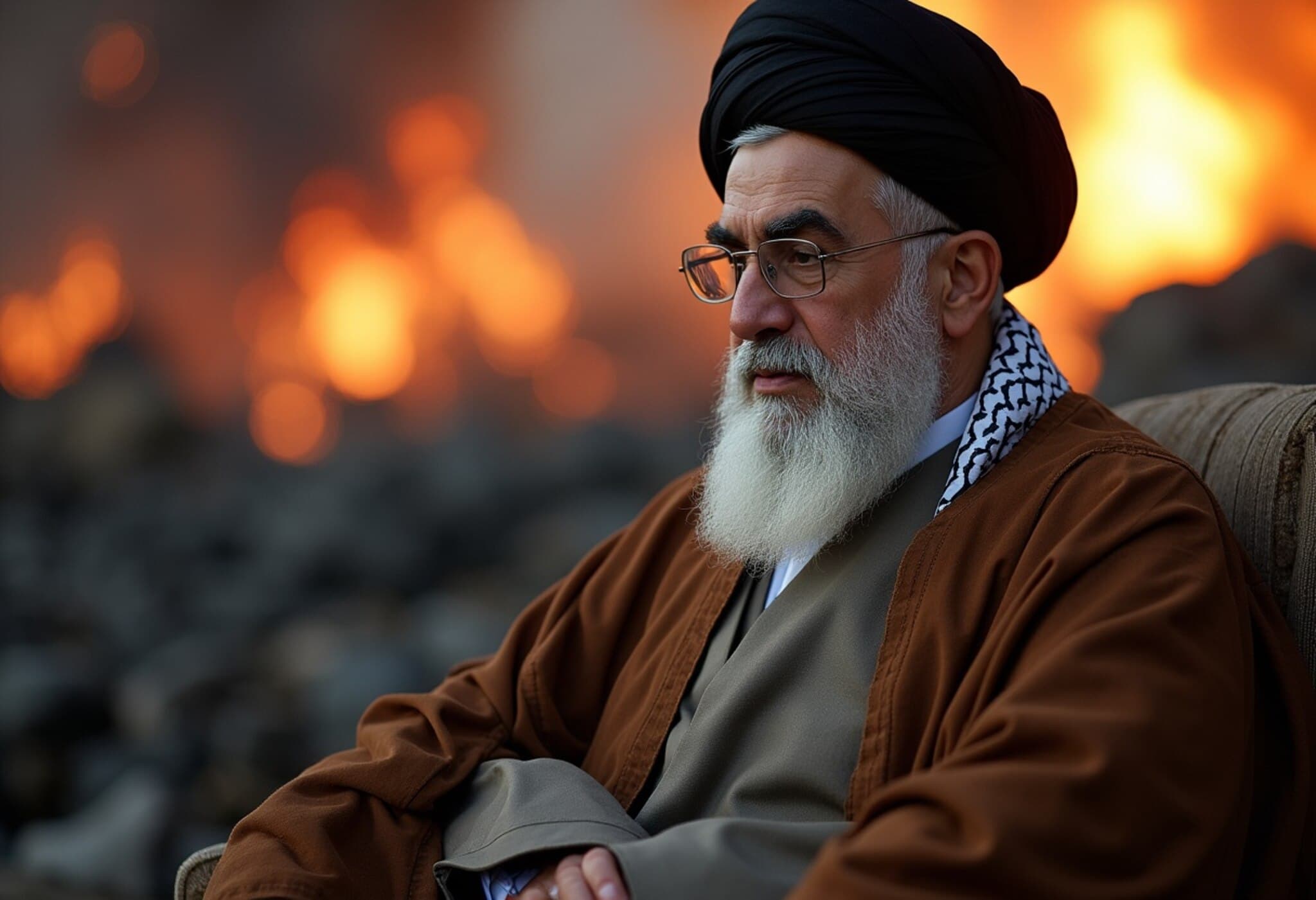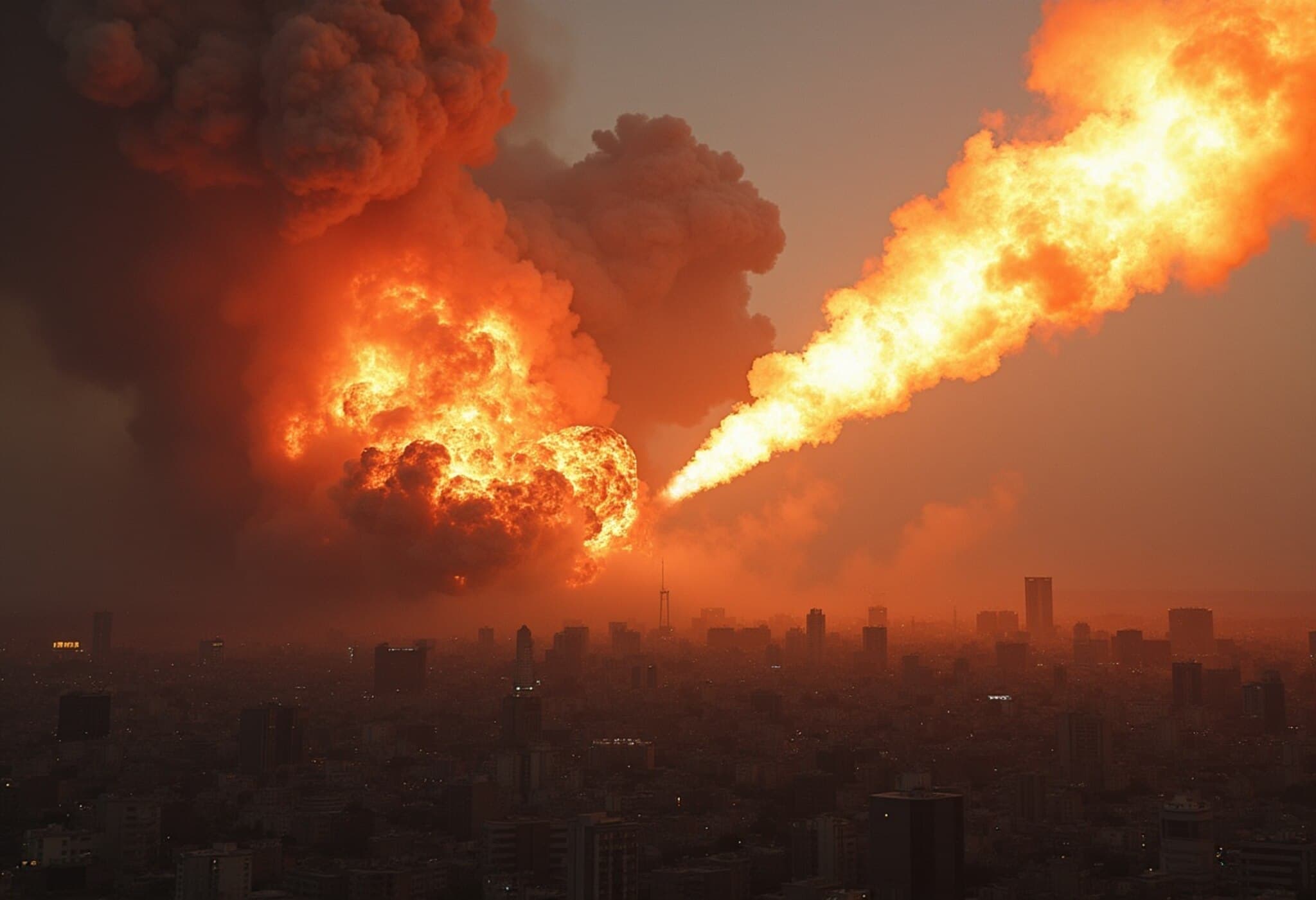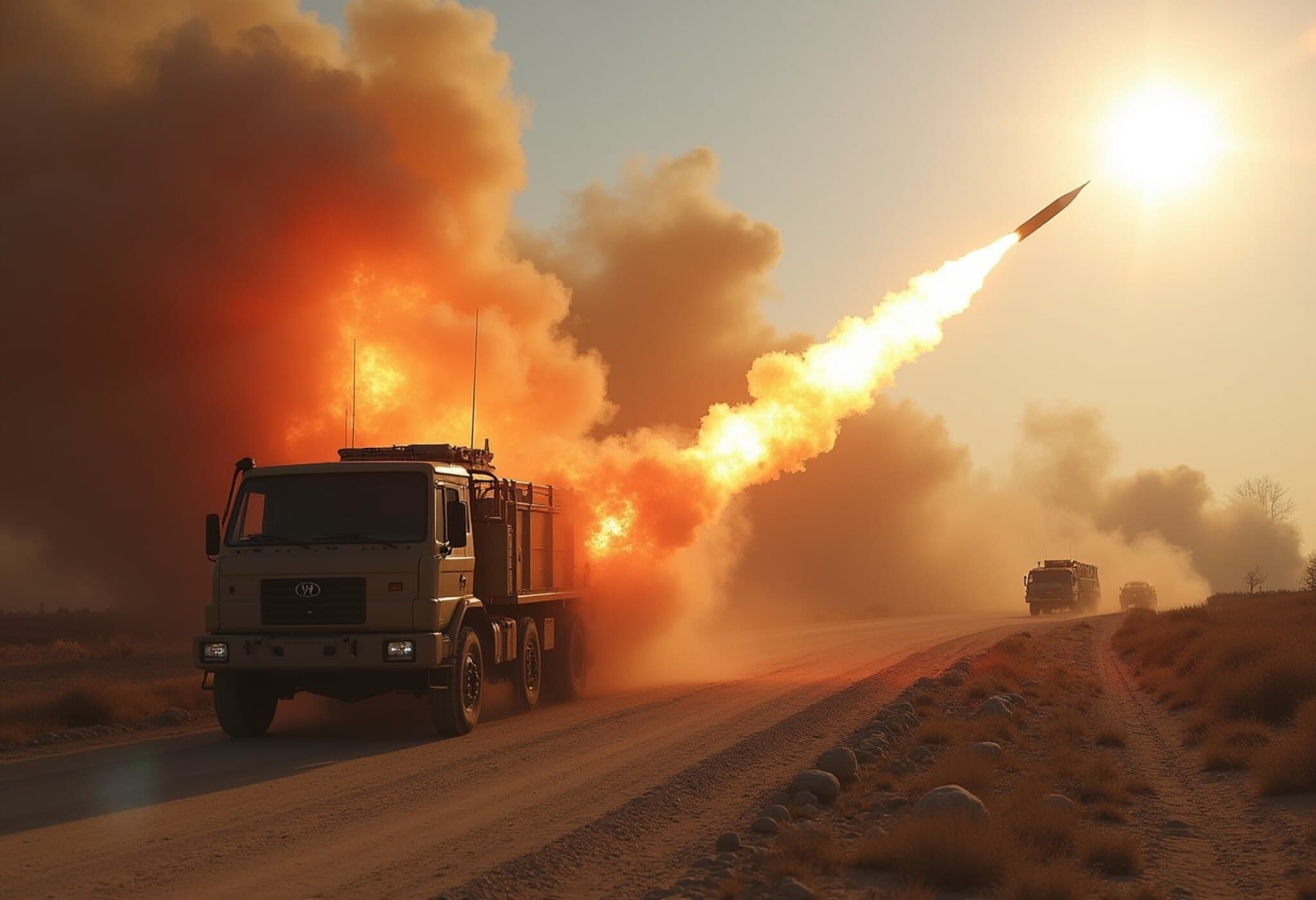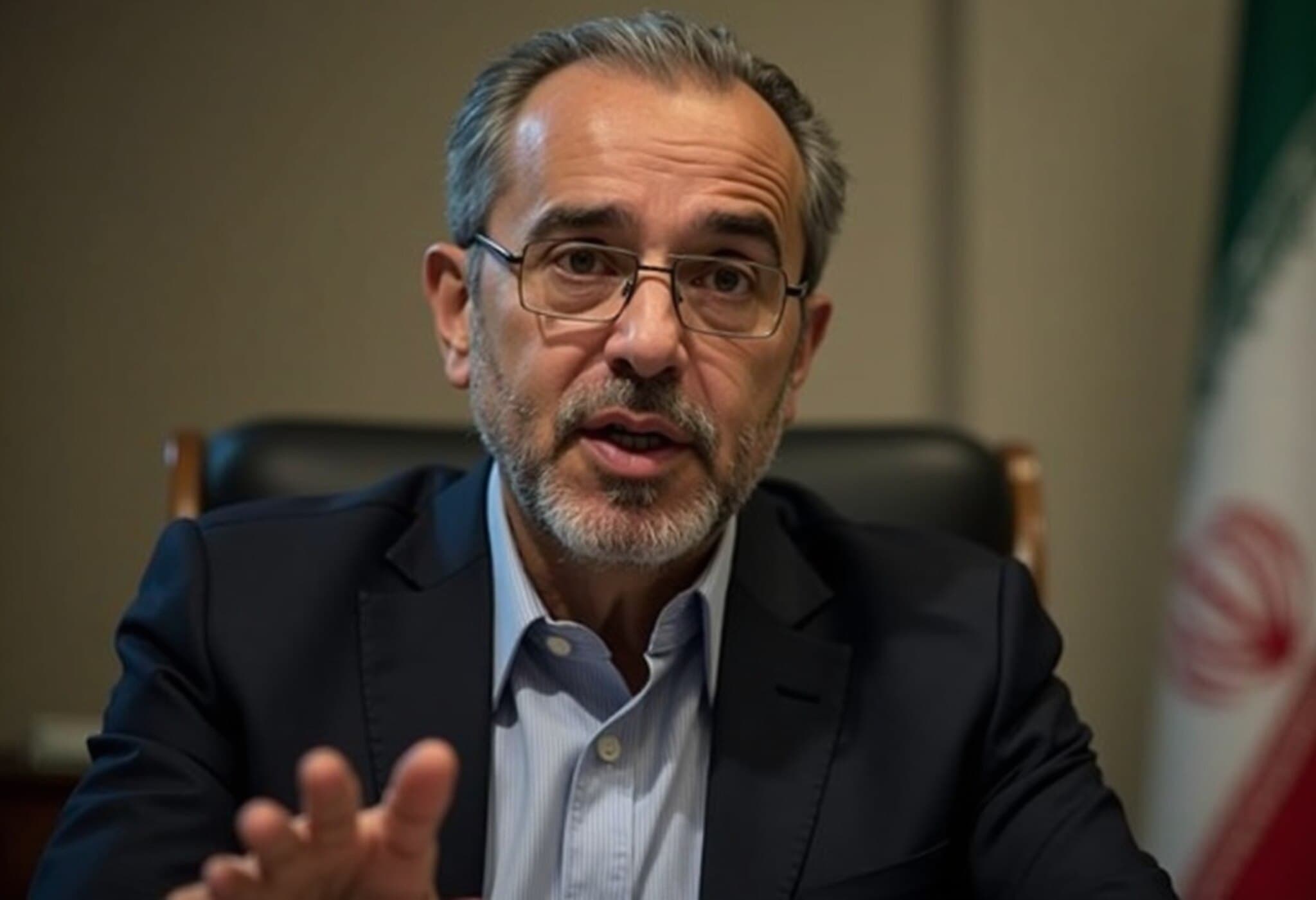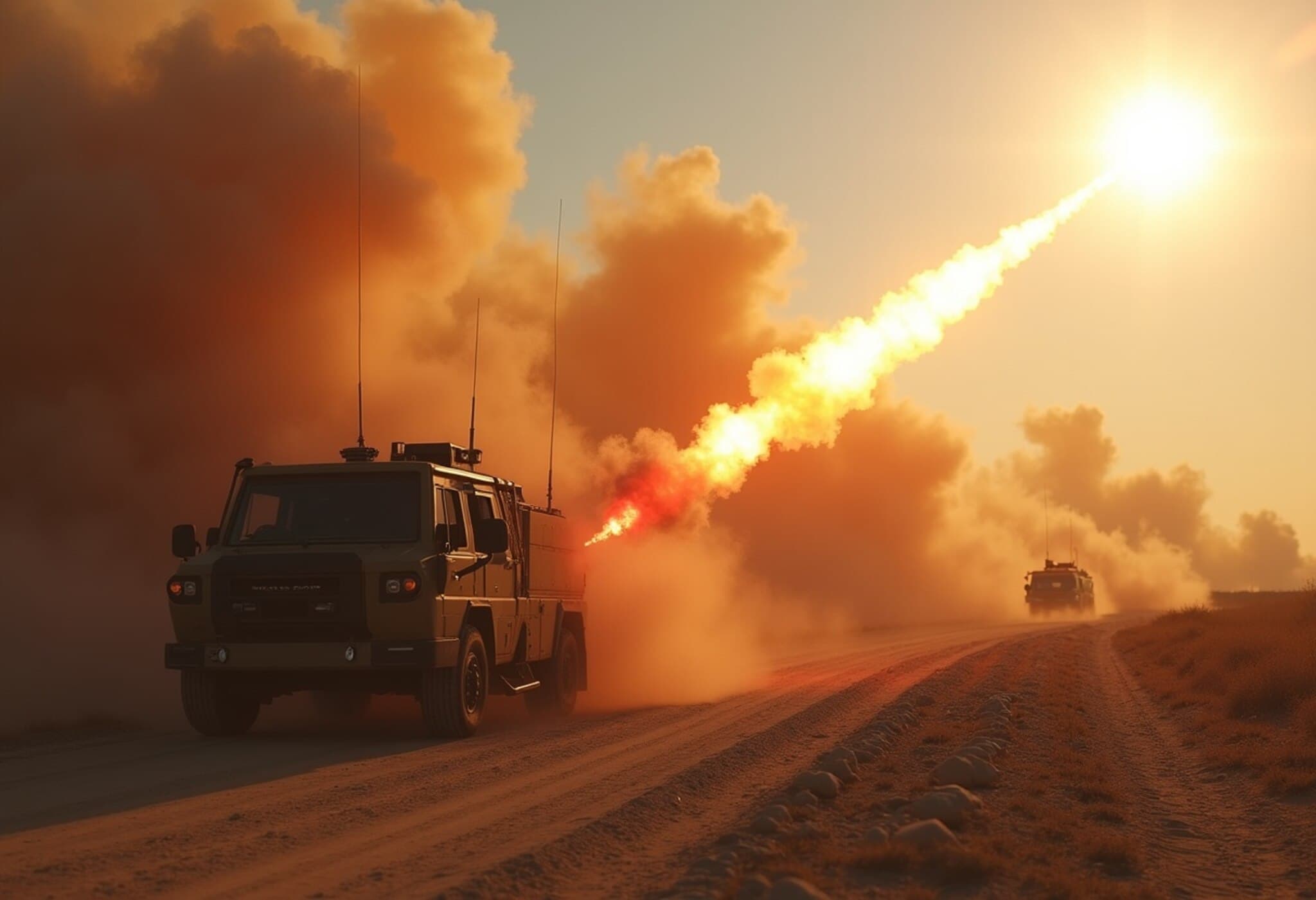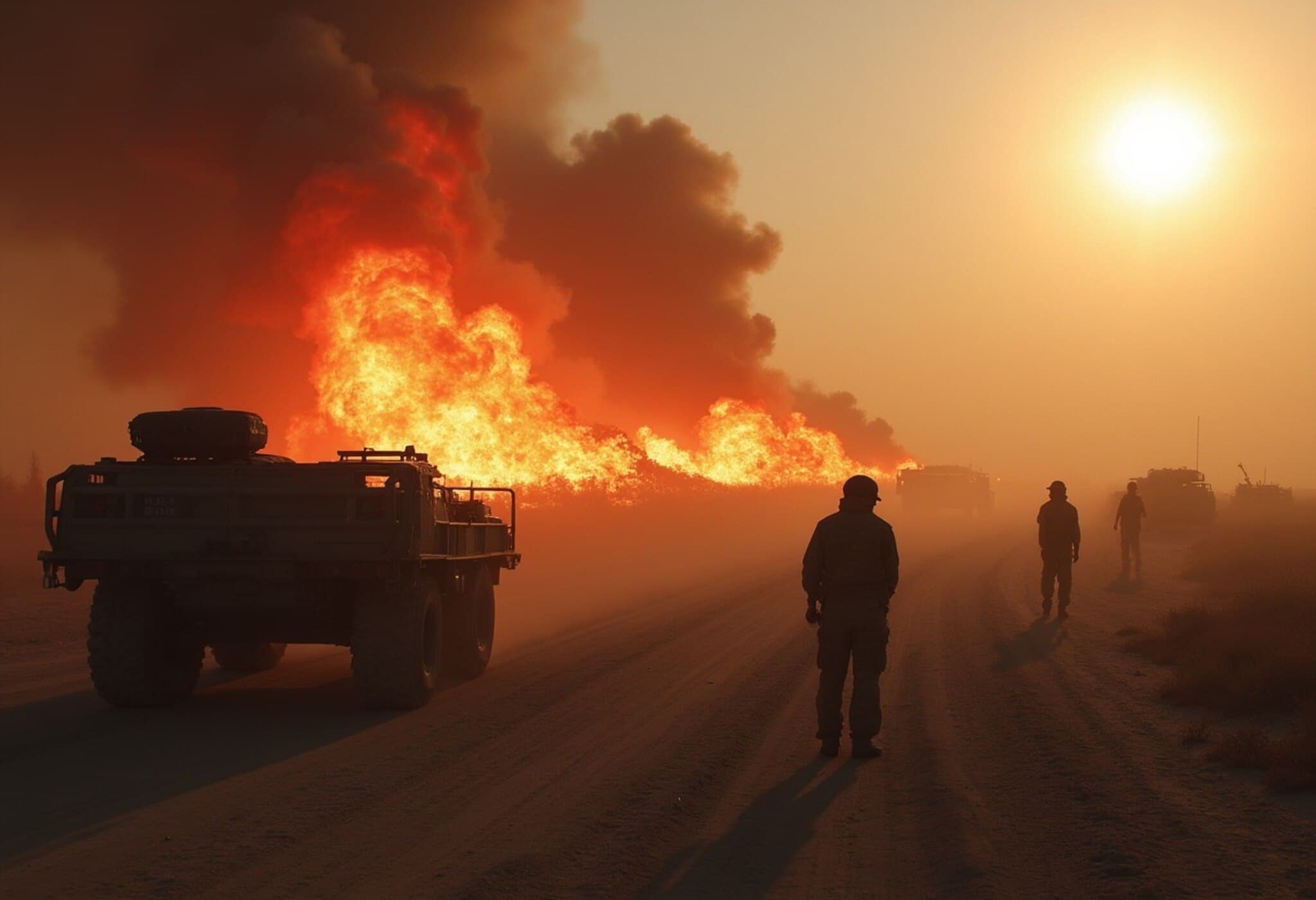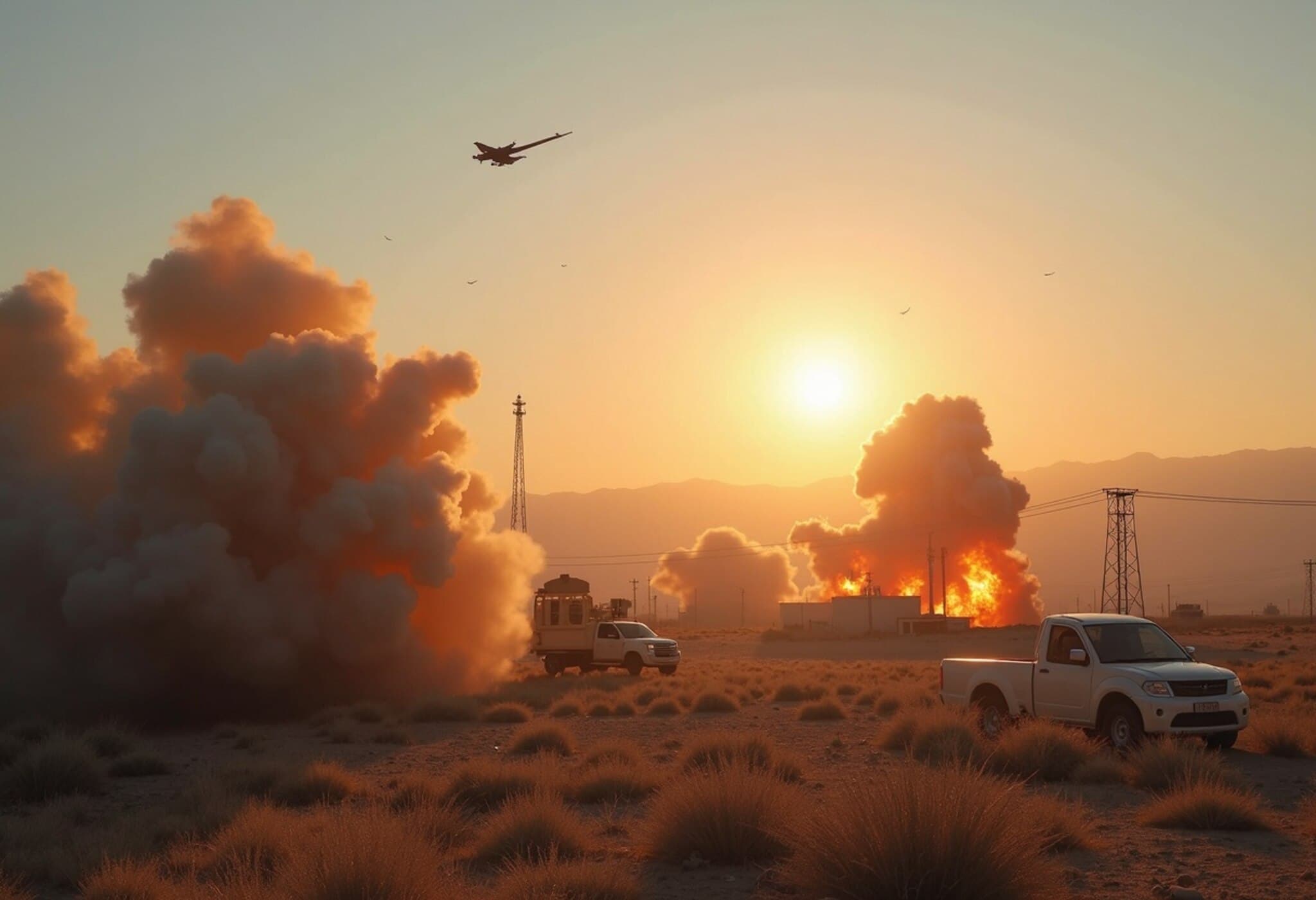Tehran Engulfed in Flames Following Israeli Military Strikes
The Israeli Defense Minister, Israel Katz, announced with striking intensity that "Tehran is burning" after a series of airstrikes targeted key locations across Iran's capital early Sunday morning, June 15, 2025. Katz shared a dramatic video showing an oil depot northwest of Tehran ablaze, allegedly hit by the Israeli Air Force in what authorities described as part of a broad military operation.
In the buildup to these events, Katz warned that continued Iranian retaliations would provoke further devastation, emphasizing, "Tehran will burn" if hostilities persisted.
Widespread Damage at Critical Infrastructure
Reports from Iranian state media noted that the fire at the oil depot was eventually brought under control, according to statements from Iran's Oil Ministry. However, independent observations and social media hinted at multiple oil refineries catching fire throughout Tehran, intensifying fears about energy supply and market impacts globally.
Impact on Oil Markets
- Several refineries ablaze across Tehran.
- Speculation mounting that oil prices could surge beyond $80 per barrel in response to the strikes.
Strategic Targets Include Iran’s Ministry of Defense and Nuclear Facilities
The Israel Defense Forces (IDF) formally confirmed extensive air strikes hitting numerous sites in Tehran. Central among these were the Iranian Ministry of Defense headquarters and the secretive SPND nuclear project facility, key components in Iran’s controversial nuclear ambitions.
The IDF described their operations as intelligence-driven, focusing on locations "where the Iranian regime's nuclear archive is concealed". Additionally, Iranian sources report that the Organization of Defensive Innovation and Research within the defense ministry suffered damage during the assault.
Escalating Tensions and Diplomatic Fallout
This military escalation follows hard-line rhetoric from Israeli Prime Minister Benjamin Netanyahu, vowing to target "every part of the ayatollah regime". Tehran responded with stern warnings of "a more severe and powerful response" to any further attacks.
In a significant diplomatic setback, planned nuclear discussions between the United States and Iran were abruptly canceled on the day of the strikes, with Iranian officials citing the attacks as incompatible with ongoing negotiations.
Background of Recent Israeli Operations
- Operations began early Friday, aiming at Iran’s air defense systems.
- Key military and nuclear sites targeted, resulting in numerous casualties, including senior military commanders and atomic scientists.
- The strikes mark a sharp escalation in the already volatile regional conflict.
Looking Ahead: A Volatile Future
As the flames continue to smolder in Tehran, the path forward remains fraught with uncertainty. The breakdown in diplomatic talks and the mounting military actions risk spiraling into a broader conflict with significant implications for regional stability and global energy markets.

